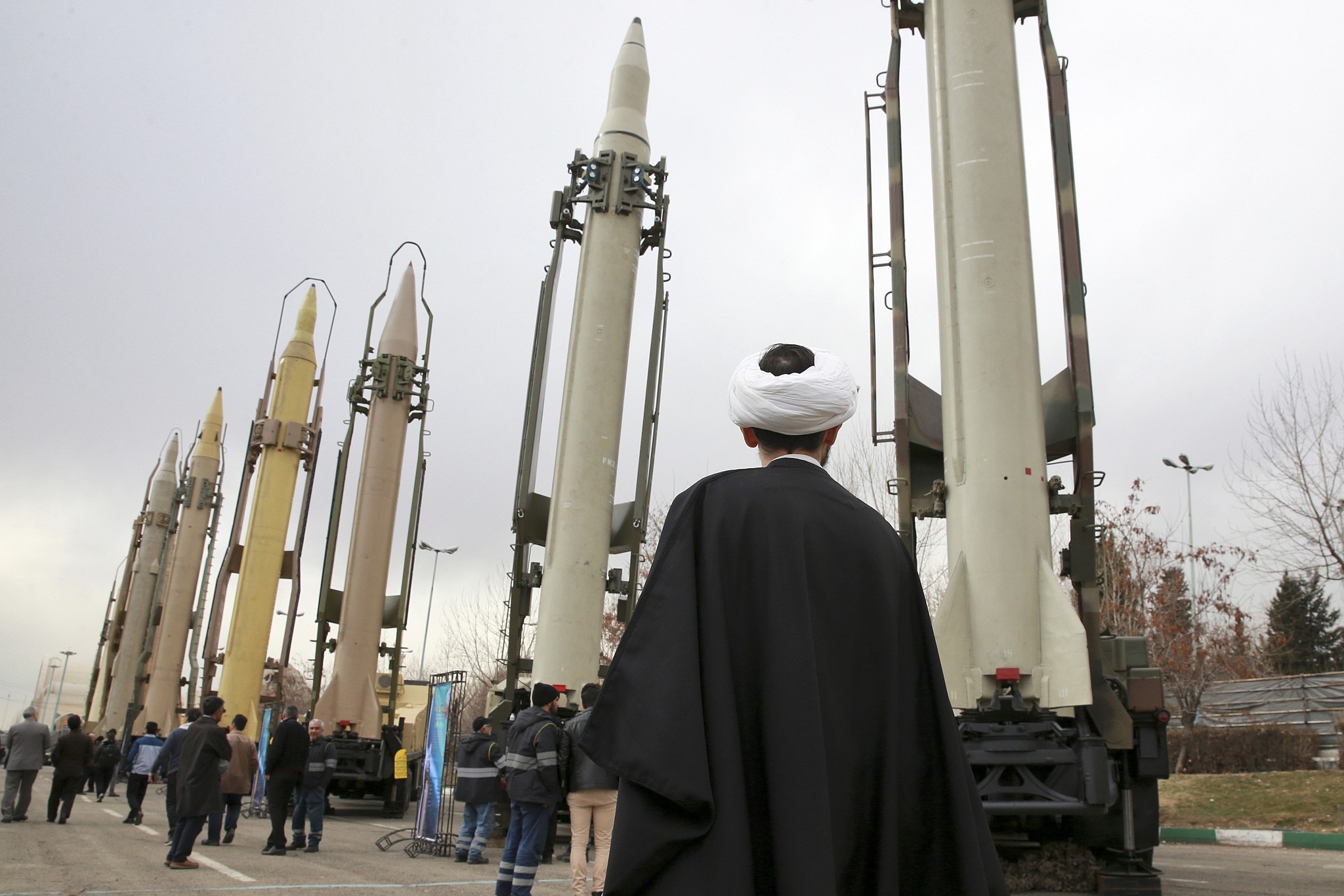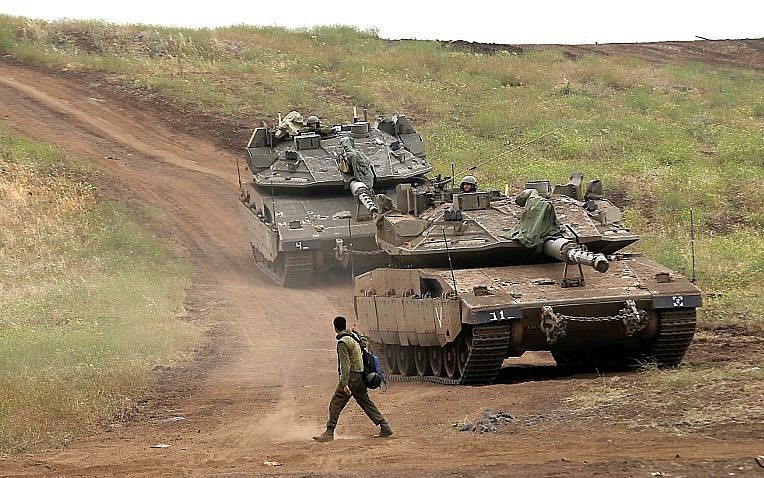A minor miscalculation by Jerusalem could lead to devastating war, with rockets raining down on Jewish state and overwhelming its defenses, former ambassador writes in The Atlantic

Former Israeli ambassador to the US Michael Oren has described in chilling detail how a conflict between Israel and Iran could easily be sparked and descend into a massive conflagration, devastating Israel and other countries in the region.
Israel is already girding for a war with the Islamic Republic, and has carried out hundreds of strikes against Iran-linked targets in Lebanon, Syria and Iraq. A single miscalculation during one of these airstrikes could draw retaliation by Iran, Oren wrote in a column published in The Atlantic on Monday.
An Israel Defense Forces bombing run could inadvertently hit a sensitive target, or an Israeli official could step out of line and say something to embarrass Iran following an attack, Oren said.
Iran could retaliate with a cruise missile strike against a critical target like Tel Aviv’s IDF military headquarters, drawing a massive response against Hezbollah in Beirut and south Lebanon.
Then, rockets would pour down on the Jewish state at a rate as high as 4,000 a day. The Iron Dome missile defense system would be overwhelmed as projectiles attacked civilian and military targets throughout the country, said Oren, who served in Washington, DC from 2009-2013.

Additionally, Iranian precision guided missiles could wreak havoc, as the David’s Sling missile defense system that could stop them is untested in combat, and a single interception costs $1 million.
Attacks near Ben Gurion International Airport could shut it down, and the country’s ports could be closed, severing Israel from the outside, and Iranian cyber attacks could turn off the power grid.
Terrorists on the ground would attack border communities, the economy would cease functioning, hospitals would be overwhelmed, and damaged factories and refineries would spew toxic chemicals into the environment.
The IDF would be confronted with attackers on Israel’s borders in Lebanon and Gaza, while long range missiles would fly in from Syria, Iraq, Yemen and Iran — some from outside the range of the Israeli Air Force, which would also be forced to contend with Russian anti-aircraft defenses in Syria.
Israel’s infantry would engage in urban combat in Lebanon and Gaza, its special forces would be sent far from its borders in Syria and Iraq, and its missiles would bombard Iran, Oren wrote.

The Israeli response would cause many civilian casualties, drawing charges of war crimes, while West Bank protests would draw a sharp response from Israeli troops there.
The US response would be a crucial factor, in terms of providing munitions, legal support, and backing after the war in negotiating truces, withdrawals, prisoner exchanges and peace agreements.
The US has historically provided these three pillars of support to Israel during its times of need, Oren wrote, and could be counted on again.
Whether the US would help Israel with any direct military intervention is not certain, Oren said.
Israel has a strong relationship with the Trump administration and would likely receive significant support if needed, Oren said, but current US politics complicates the situation.
“Back in 1973, Egypt and Syria saw a president preoccupied with an impeachment procedure, and concluded that Israel was vulnerable. In the subsequent war, Israel prevailed—but at an excruciating price. The next war could prove even costlier,” he said.
As reported by The Times of Israel
